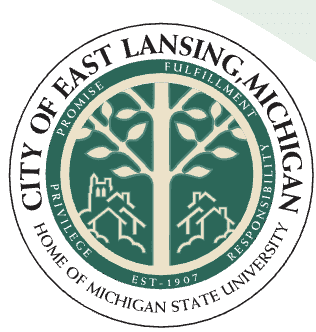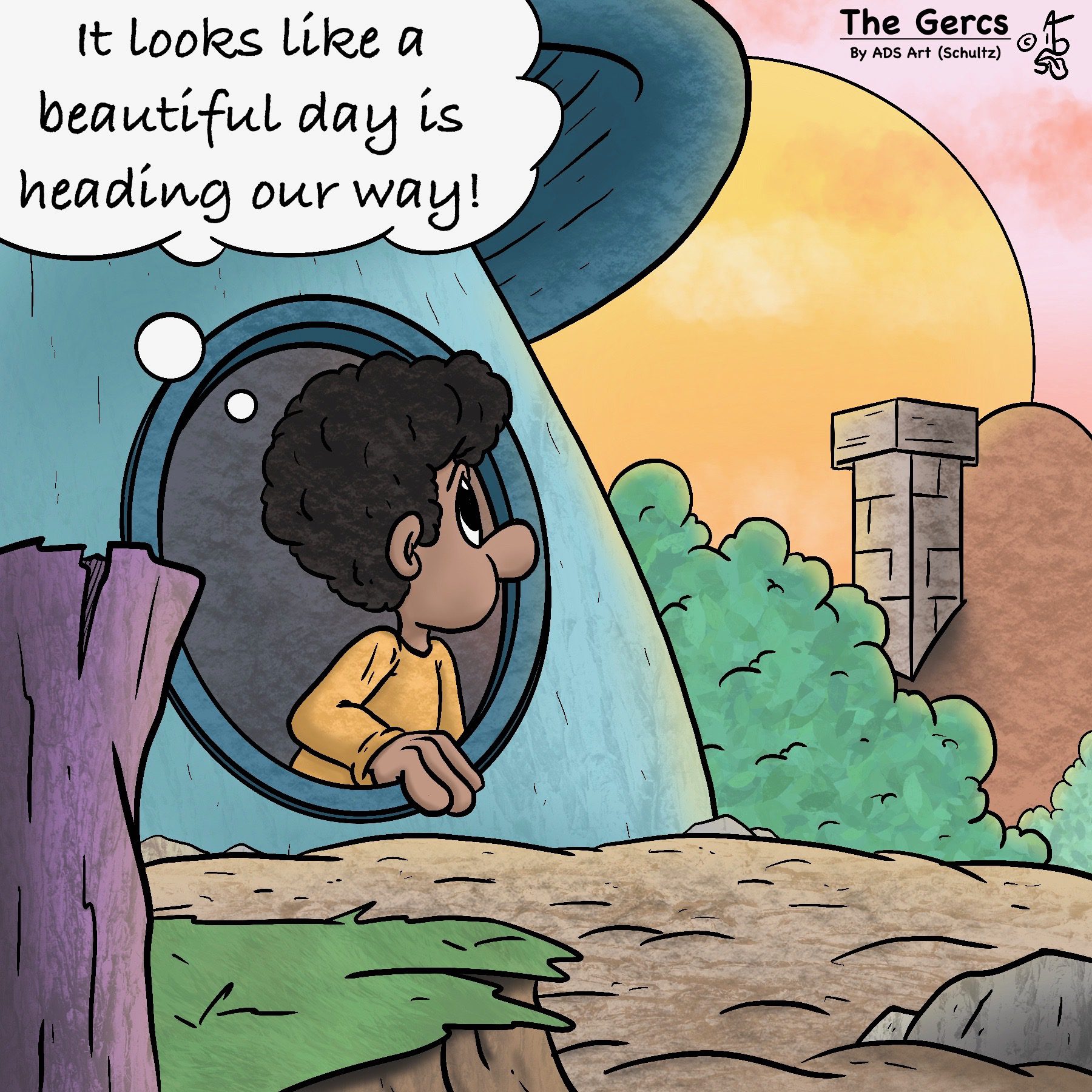Stipends provided to social workers who commit to under-resourced communities
LANSING, Mich. – To help increase the number of child welfare workers and keep kids safe, the Michigan Department of Health and Human Services (MDHHS) is partnering with five public universities across the state to provide stipends to social work students who agree to work in under-resourced communities across the state after graduation.
“I am excited about this partnership with our colleges and universities that will strengthen Michigan’s child welfare workforce,” said Elizabeth Hertel, MDHHS director. “Supporting social work students financially as they prepare to enter the child welfare workforce is critical to the strong recruitment and retention of dedicated professionals. A program like this has the potential to attract highly motivated and capable students and ensure a workforce committed to protecting children and supporting families.”
Michigan, like many other states, is facing a shortage of child welfare workers. The federally funded Title IV-E Program administered by MDHHS aims to solve that problem by increasing the amount of child welfare workers in high need areas including tribal, rural and underserved populations. MDHHS has allocated $1.7 million for the program.
Through the program, students receive a $5,000 stipend per semester for agreeing to work in child welfare in Michigan after graduating. Five public universities are involved in the initiative with University of Michigan’s School of Social Work working with the state on logistics. Other universities in the program include Central Michigan University, Michigan State University, Wayne State University and Western Michigan University. Additional Michigan social work programs and schools are expected to join in the future.
The program equips social workers with the knowledge and skills needed to serve families in the state’s child welfare system. The universities involved in the program provide financial support and educational resources to any student pursuing a bachelor’s or master’s degree in social work committed to a career in public, private or tribal child welfare in Michigan.
“The Title IV-E Fellowship will have a great positive impact on child welfare services across the state,” said Prof. Kathryn Maguire-Jack, director of the program at U-M. “Providing students with evidence-based information ensures that best practices will be applied, and children and families will experience positive outcomes.”
Says Amara Hagy, Michigan State University, class of 2024, “The fellowship helped me find a career, working with at-risk youth, to which I will dedicate my life.”
Adds Elizabeth Crail, 2024, “I was able to form a community of other students who share my passions; the support and camaraderie helps make our work possible.”



